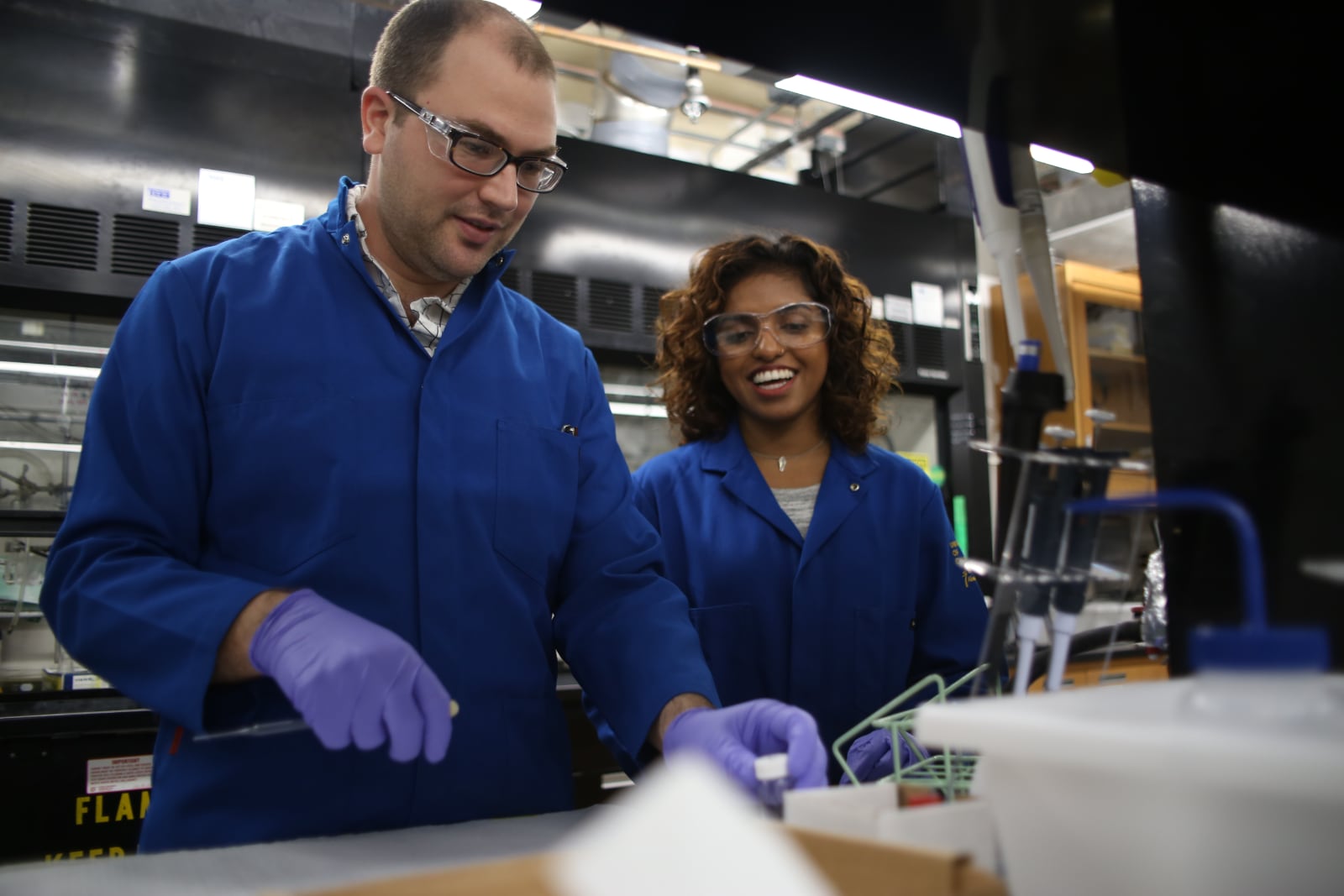
Fellowships
Fellowships are at the core of our center, and create pathways into leadership. Our fellows are provided with financial support and engage in research, mentorship, and outreach.

Fellowships are at the core of our center, and create pathways into leadership. Our fellows are provided with financial support and engage in research, mentorship, and outreach.

UCLA La Kretz Center’s 9th Annual Lecture One of the great challenges in conservation biology is discovering ‘what was natural’ before human impacts. This problem is especially pressing in marine…

“Nimble Foods for Climate Chaos” is a cross-disciplinary collaboration between environmental artist and NYU faculty member Marina Zurkow, Los Angeles chef duo Hank and Bean, and LENS faculty director Allison…

Planet Innovation is a podcast about business solutions to solve environmental problems. We bring uplifting conversations with scientists and entrepreneurs who are creating innovative solutions for the planet. This is…

As California moves forward with its aggressive agenda to decarbonize its energy system, care must be taken to assess the degree to which its pursuit of various energy system transformation pathways is likely to result in additional benefits for Californians. One extremely important category of benefits is the reduction of health risks that result from exposure to natural gas combustion by-products, both from appliances within homes and from grid scale generation stations.

Our sustainability project is motivated by the belief that students’ lack of awareness on food waste is a major driver of excessive food waste at UCLA. Our stakeholder, Charles Wilcots,…

Team: Anna George, Noah Horvath, Destiny Johnson, Eileen Ly, Roajhaan Sakaki, Shang Shi Advisor: Rob Eagle Client: The Bay Foundation

By building on past student research, we hope to perfect a waste diversion program implemented in Spring of 2017 at two of UCLA’s graduate housing apartment complexes. We are focused on improving…

California is the nation’s largest agricultural producer, providing more than 400 different farm products and producing nearly half of the country’s fruits, nuts and vegetables. It also takes 40 percent…

Team: Chung Hang Cheung, Alexandria Florin, Sophie Long, Melanie Sanchez, Benjamin Van Aken Advisor: Deepak Rajagopal Client: Fetzer Wineries

Rocky intertidal habitat is located at the land sea interface and supports a unique variety of species. In southern California, often these habitats are closely backed by existing developments such…

Our team at the UCLA Institute of the Environment and Sustainability and UCLA Health invites you to join our Air Quality Research study. AirForU enables you to gain a better…